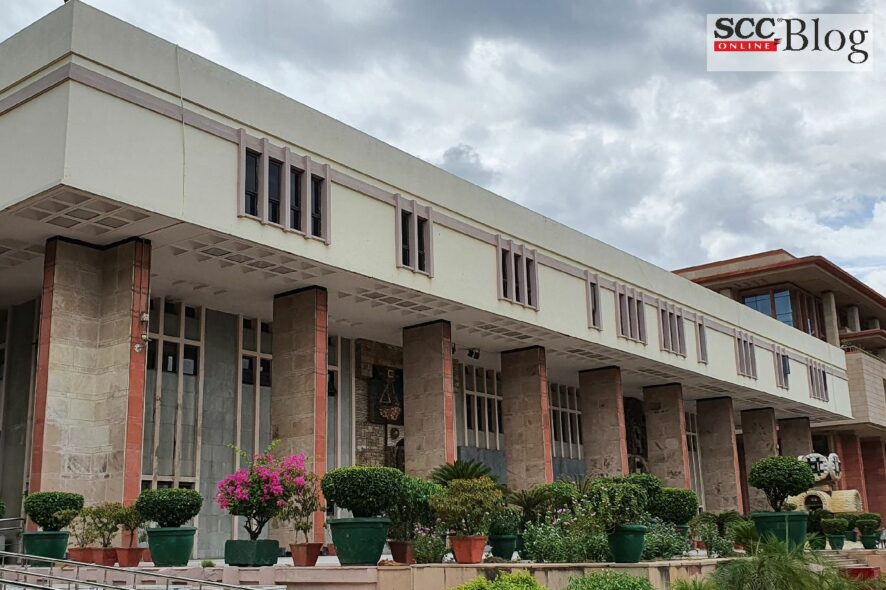Delhi High Court: Prateek Jalan, J., expressed that,
For the purposes of an order under Order VII Rule 11 of the CPC, the Court must come to the conclusion that the plaint is required to be rejected.
Present petition was filed under Article 227 of the Constitution for directing against an order passed by which Senior Civil Judge, rejected the application of the petitioner-defendants under Order VII Rule 11 of the Code of Civil Procedure, 1908.
Plaintiffs filed the suit before the trial court and claimed to be the owners in possession of undivided shares. As against the petitioner, the plaintiffs’ principal claim was for a declaration against a sale deed executed by one M/s G.S. Kashyap and Sons (HUF) in favour of the petitioner 1 and as also an injunction against the petitioners from creating third-party interests in the said land.
Further, the plaintiffs also made three applications for an injunction under Order XXXIX Rules 1 and 2 of the CPC.
On 12-12-2018, petitioners filed a written statement and made an application under Order VII Rule 11 of the CPC and by that application petitioners contended that the plaintiffs had filed no title documents in support of their claim of ownership and had only filed revenue records which were insufficient to establish title.
Trial Court rejected the petitioner’s application under Order VII Rule 11 of the CPC.
Analysis, Law and Decision
High Court found no jurisdictional infirmity in the impugned order, so as to invite the supervisory jurisdiction of this Court under Article 227 of the Constitution.
Well Settled Law
For the purposes of rejection of the plaint under Order VII Rule 11 of the CPC, the Court is duty-bound to consider the contents of the plaint, and not to examine the sufficiency of the evidence or the defence put forth by the defendant.
The above position has been made clear by several Supreme Court decisions, including Saleem Bhai v. State of Maharashtra, (2003) 1 SCC 557, Popat and Kotecha Property v. SBI Staff Assn., (2005) 7 SCC 510 and Urvashiben v. Krishnakant Manuprasad Trivedi, (2019) 13 SCC 372.
The Bench expressed that,
Trial Court has cogently analysed the grounds taken by the petitioners and come to a conclusion that they do not fall within the scope of Order VII Rule 11 of the CPC. I do not find any jurisdictional defect or perversity in the said order so as to attract the supervisory jurisdiction of this Court under Article 227 of the Constitution.
Lastly, the High Court declined to entertain the present petition under Article 227 of the Constitution of India. [Capital Land Builders (P) Ltd v. Shiv Kumar Jindad, 2022 SCC OnLine Del 176, decided on 19-1-2022]
Advocates before the Court:
For the petitioners: Gyaneshwar Narayan, Advocate
For the respondents: None







